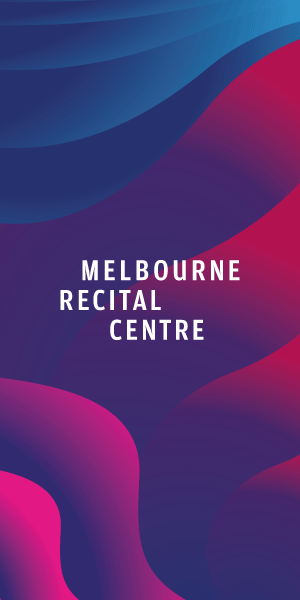Psychologist launches book to shine a light on complex trauma
A Carlton-based clinical and forensic psychologist has published her first book, providing a comprehensive look at complex trauma and abuse.
In writing her book, titled Reclaim: understanding complex trauma and those who abuse, Dr Ahona Guha recognises the enormous impact of trauma and how there is a “very basic understanding of what these forms of abuse look like, how they impact survivors, and the many ways in which systems collude to protect perpetrators and punish victims”.
“As a psychologist, I noticed that while the concept of trauma has become embedded in public conversations about mental health, our understanding of relational/complex traumas (i.e. chronic harms done to people in relationships) remains poor,” she said.
Our conversations about trauma and violence are beset by polarities and angry discourse, exaggeration, minimisation, and hypocrisy.
Through her role, Dr Guha works with victims of abuse and trauma, and clients with a range of other difficulties, such as anxiety, depression, perfectionism, burn-out, and relationship problems.
She has also worked with those who perpetrate harm; stalkers, sex offenders, arsonists, family violence offenders, homicidal ideation, and people who are generally violent.
Dr Guha’s book, published by Scribe Publications and released in March, explores complex trauma, while also recognising the nature of the difficulties that people experience and live with.
As a survivor with lived experience of complex trauma, Dr Guha noted that she “wrote the book my younger, traumatised self would have wanted to read”.
“Helping people keep themselves and others safe is an important overarching goal I hold in my work; and this book was designed to align with this remit,” she said.
“Without real understanding of the impacts of complex trauma, and the nature of those who abuse and harm — we are fated to remain stuck in our interventions and will continue to make the same mistakes.”
“It felt essential and timely to turn an unflinching eye to looking at these issues, and careful and respectful truth-telling can be revolutionary when helping people to think of ways to protect themselves.”
As a culturally and linguistically diverse female psychologist, Dr Guha said it was equally important for her to contribute to the public discourse of trauma and “ensure everyone has a seat at the table”.
“As a brown woman, I felt well-positioned to notice certain difficulties inherent in our hierarchical society, ask some hard questions and point out things which other people might not notice (or wish to point out).” •
Caption: Dr Ahona Guha.

Residents win fight to save laneway from development in East Melbourne





 Download the Latest Edition
Download the Latest Edition